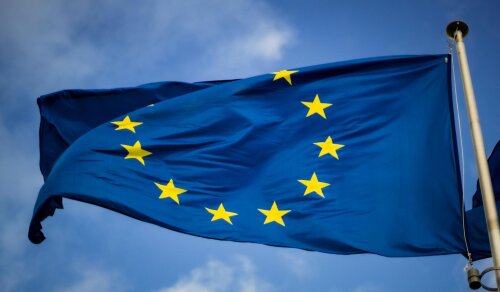Europe gives young scientists a boost
UAntwerp researchers secure ERC Starting Grants
Three young scientists from the University of Antwerp have secured a prestigious ERC Starting Grant. With financial support from Europe, they’ll spend the next few years studying the emotions of politicians, Parkinson’s disease and social policy. Two foreign researchers recently made the move to UAntwerp, taking their ERC Starting Grant with them.
Every year, Europe frees up large budgets for groundbreaking scientific research. Amongst other things, it awards funding through the European Research Council (ERC). This includes grants for experienced scientists and for collaboration projects between scientists from different countries. Young researchers can also get a considerable financial boost, in the form of an ERC Starting Grant.
Securing such a grant is by no means self-evident, as the competition is huge. This year, the ERC received 3928 research proposals, of which 478 were eventually selected. Three young scientists from UAntwerp submitted a rock-solid proposal and received good news from the European Commission, which means they’ll be able to focus on a specific theme for the next five years.
Politicians are only human
The emotions of politicians are the research focus of Julie Sevenans (Department of Political Science). ‘So far, researchers have exclusively focused on cognitive and strategic reasons as drivers of politicians’ actions,’ Sevenans explains. ‘But politicians are only human: their emotions help determine their actions. I will try to map those emotions by questioning politicians extensively, but also by taking physiological measurements.’

Sebastiaan De Schepper (VIB-UAntwerp Centre for Molecular Neurology) devotes himself to unravelling the secrets of Parkinson’s. ‘We’ve so far been unable to slow down or stop the disease, the fastest-growing brain disorder worldwide,’ says De Schepper. ‘Recent research shows that Parkinson’s may start in the nervous system of the gut and reach the brain via the vagus nerve. Our immune cells play an important role in this respect and we’re going to find out exactly how this works. This can ultimately lead to faster diagnosis and treatment.’
Transfers to Antwerp
Sarah Marchal (Department of Sociology) also landed a grant. The sociologist will be working on shaping a more responsive social policy. Marchal: ‘Benefits and other forms of social support are often calculated on the basis of income. A sudden change in income also affects eligibility for support. In our research, we look at how working households cope with such fluctuations and how social policy could be adjusted accordingly.’
Two foreign scientists who obtained an ERC Starting Grant in 2024 recently made a ‘transfer’ to UAntwerp, bringing their European project with them. German sociologist Lisa Suckert explores how Europeans envision a low-carbon economy and how conflicting visions make a shared European strategy hard to realize. Maurits Meijers, a Dutch political scientist, studies twenty European countries to see how and when politicians accuse each other of lying, how citizens respond, and what this means for their trust in and support for democracy.